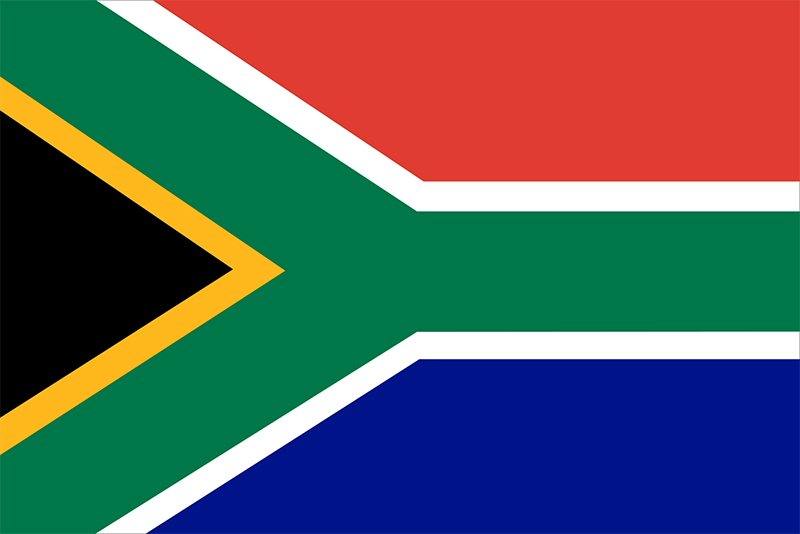By Seipati Nekhondela
The dawn of a new year comes with great anticipation as many individuals embark on their new year’s resolutions and plan for the year ahead. These plans often involve our finances which set the tone for the months ahead.
As a nation, let us all make a commitment to prudent financial planning this year so that we can ensure a financially secure future. Financial planning should include setting financial goals around meeting our daily needs, funds for our personal life goals and unexpected circumstances.
Good financial planning begins with detailed budgeting of monthly expenses against income. In creating a budget and sticking to it, we can ensure that day-to-day expenses are potentially met. This practice of budgeting allows us to make informed financial decisions, save for the future and improve our financial well-being.
One of the budgeting strategies recommended by finance experts is the 50/30/20 rule. It allocates 50 percent of income to primary needs, such as rent, mortgage repayments, water, electricity, groceries and healthcare. The following 30 percent should be allocated to wants, such as take-outs and gym memberships, while the remaining 20 percent should be directed towards personal savings.
Saving even the smallest amount has a compounding effect and is highly beneficial over time. It can also spur us into a nation that invests and saves. Investing in shares or the stock market and through licenced financial institutions is another gainful way of putting money aside for the future.
South Africans can also save through RSA Retail Savings Bonds, which were introduced by National Treasury to encourage a culture of saving. The RSA Retail Savings Bonds are a risk-free investment with a low minimum investment amount. They offer different investment options including fixed, inflation-linked, or variable interest rates. These savings bonds are a smart tool for saving that is available to all South Africans with a valid identity number and bank account. (https://www.rsaretailbonds.gov.za).
Saving may often seem like a daunting financial exercise, but it is worth the effort as it can provide financial security when you need it most.
The sad reality is that many South Africans either do not save or are unable to save, for various reasons. As a result, our country has one of the lowest savings rates in the world, with household savings estimated to be 0.13 percent of Gross Domestic Product in 2022, according to data from the South Africa Reserve Bank. Given that saving is a personal choice, it will most likely be shaped by one’s habits. Living beyond one’s means, and a lack of financial literacy or high levels of indebtedness, could derail one’s ability to save.
Excessive levels of debt have been found to lead to increased anxiety and stress which can negatively impact a person's general well-being. This year let us make a personal commitment to tackle debt so that we can have the freedom to build a solid financial plan for now and the future.
One of the ways a person can tackle their debt is by using the snowball debt strategy. The snowball debt strategy is a viable debt-repayment method that focuses on paying off your smallest debt first, while making minimum payments on other loans and accounts. Once the smallest debt is settled, the money that was utilised for paying that debt can then be used to pay off the next smallest debt owed. As each small debt is cleared, your confidence in clearing the rest will grow.
Indebted consumers can also explore repayment options with their credit providers or seek debt counselling. Debt counselling offers financial relief through reduced payments over longer terms and also offers consumers legal protection against credit providers. Consumers must ensure that debt counsellors are registered with the National Credit Regulator (NCR). Consumers can verify the registration of a debt counsellor through the NCR’s website (https://ncr.org.za/).
Another alternative is debt consolidation, which offers one loan to settle all debts in exchange for a single monthly repayment to the credit provider who granted the consolidation loan. As debt consolidation involves taking on more debt to pay off existing debt, before deciding on it, it is important to carefully consider whether it is the right option for you.
We encourage all South Africans to take the initiative this year, to empower themselves with the knowledge and tools necessary to make sound financial decisions and achieve financial freedom. This will not only help with securing their financial wellbeing but also contribute to a thriving national economy and a bright future. (For more information visit https://www.fscamymoney.co.za and https://www.mswsa.co.za).
Seipati Nekhondela is Director: Tax and Financial Sector Policy: National Treasury





